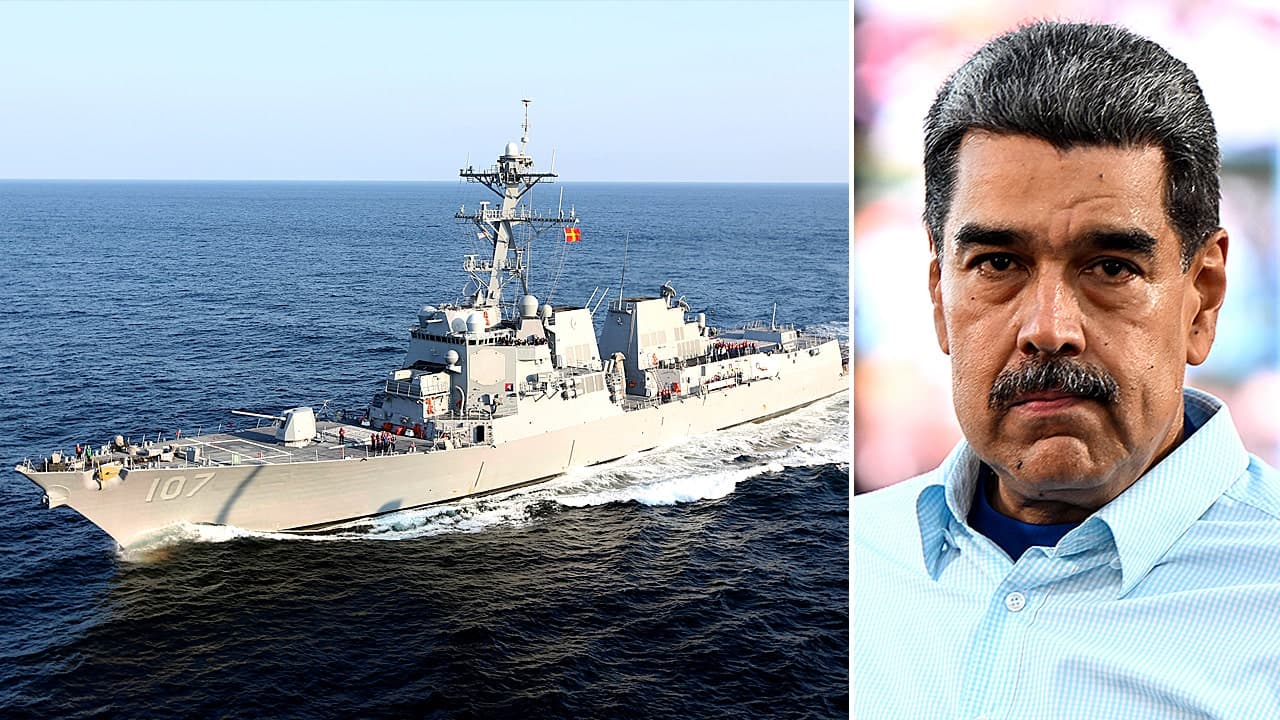Protesters in Tokyo demand retraction, apology after Taiwan remarks
Hundreds of protesters gathered outside Japan’s prime minister’s official residence on November 22, pressing Prime Minister Sanae Takaichi to retract comments about Taiwan and to offer an explanation and apology. The demonstration highlighted growing domestic unease over a potential shift toward a more confrontational security posture, with implications for markets, alliance politics, and Japan’s economic exposure to regional instability.

Hundreds of people converged outside the prime minister’s official residence in Tokyo on November 22, Xinhua reported, carrying signs that read “Retract remarks, oppose war” and chanting for Prime Minister Sanae Takaichi to step down. The demonstration followed comments Takaichi made earlier in November in the Diet suggesting that a mainland Chinese use of force against Taiwan could create a “survival threatening situation” for Japan and implying the possibility of armed intervention. Opponents say the remarks risk inflaming regional tensions. Takaichi has defended her words as consistent with government views.
The protest, modest in scale but symbolically potent, exposed a fracture in domestic sentiment over how Japan should respond to escalating cross Taiwan Strait tensions. In recent years Tokyo has moved toward a more assertive security posture through reinterpretations of collective self defense and increased defense planning, but public comfort with direct military involvement remains limited. The protesters signaled worry that rhetoric implying armed intervention could erode political consensus and draw Japan into a confrontation with its largest neighbor.
Beyond domestic politics the episode carries potential economic consequences. Japan’s economy is deeply intertwined with both China and Taiwan through trade and supply chains, notably in intermediate goods and advanced electronics. Any escalation that raises the prospect of conflict risks supply chain disruptions, higher risk premia for regional investment, and volatility in financial markets. Investors often price geopolitical risk into the yen and Japanese government bonds along with equities. Defense related stocks can rally on heightened security concerns while exporters sensitive to Chinese demand could face downward pressure.
Market moves in response to political statements are typically short lived unless they trigger concrete policy shifts or retaliatory actions. Yet the stakes have risen because of the centrality of Taiwan to semiconductor manufacturing and because China is a major trading partner for Japan. A sustained increase in geopolitical risk could add to inflationary pressures through higher shipping insurance costs and supply constraints, complicating the Bank of Japan’s monetary calculus and the government’s fiscal plans.
Politically the protest underscores immediate pressure on Takaichi to clarify her position and on coalition partners to manage the fallout. Public demonstrations demanding a retraction and an apology increase the political cost of ambiguous security signalling, especially as policymakers balance alliance commitments with Washington against economic ties with Beijing. The incident may accelerate parliamentary scrutiny, and it will factor into broader debates over Japan’s defense spending, force posture, and constitutional constraints on the use of force.
In the longer term, Japan faces a persistent dilemma between deterrence and economic interdependence. Rising regional military capability, deeper integration of high tech supply chains, and the United States push for burden sharing mean Tokyo will confront recurring disputes over how far to stretch its security commitments. The protest on November 22 was a reminder that political leaders must weigh not only strategic imperatives but also domestic consent and economic vulnerability when shaping responses to crises around Taiwan.


